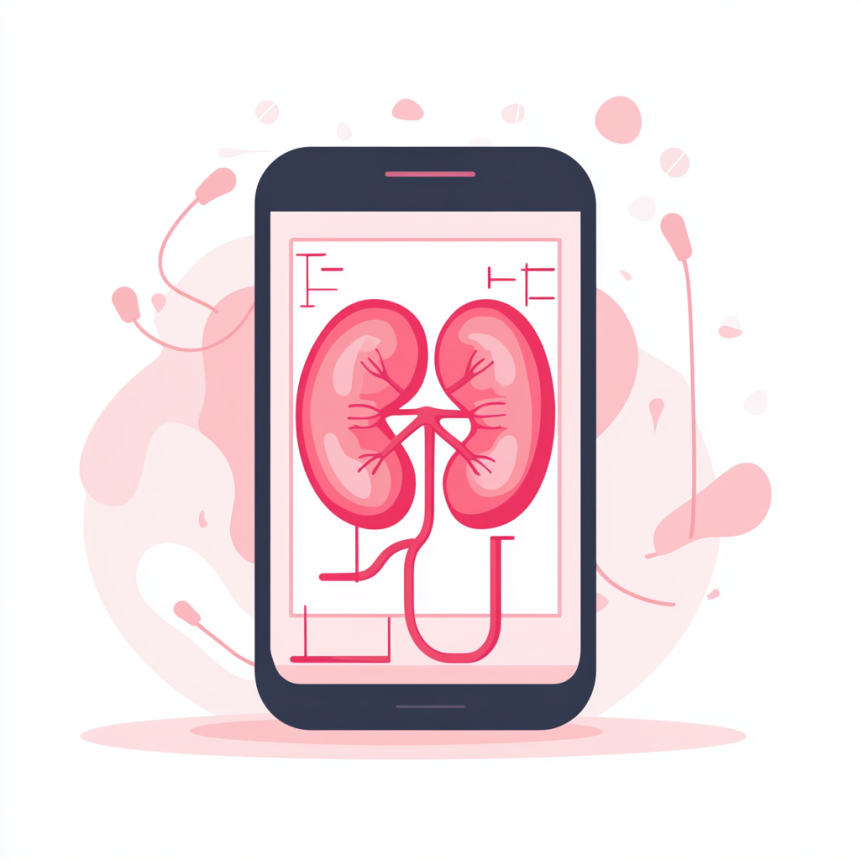As first reported by Med-Tech Insights, Healthy.io, in collaboration with Geisinger and Boehringer Ingelheim, has revealed promising data from a pilot program aimed at enhancing chronic kidney disease (CKD) screening for at-risk patients. The study involved 4,000 individuals with diabetes and/or hypertension—conditions that significantly increase CKD risk—and tested the efficacy of Healthy.io’s Minuteful Kidney, a smartphone-powered home urine albumin-to-creatinine ratio (uACR) test.
Greater diagnostic outcomes through mobile innovation
Over a 270-day follow-up period, patients in the pilot group—who received the home test or standard lab test with added outreach—had significantly higher diagnosis rates for CKD or proteinuria (4.7%) compared to those in the usual care arm (2.9%). These findings were presented at the American Diabetes Association’s 85th Scientific Sessions, demonstrating that home-based screening paired with patient engagement can substantially improve early detection.
Addressing gaps in awareness and access
One of the key goals of the pilot was to close the testing gap in underserved populations, where awareness and access to uACR testing are historically low. Participants using the Minuteful Kidney test not only completed the clinical-grade test at home but also received educational support through an integrated app and outreach team. This multifaceted approach helped increase engagement, testing compliance, and follow-up care.
A scalable model for proactive kidney care
According to Boehringer Ingelheim and Geisinger, early detection of CKD is vital to preventing disease progression and cardiovascular complications. The pilot underscores how digital health tools—when paired with personalized education and provider follow-up—can drive earlier interventions and reduce barriers to care. Healthy.io’s Minuteful Kidney remains the only FDA-cleared home uACR test, offering rapid, actionable results without the need for a clinic visit.
The success of the Minuteful Kidney pilot highlights the power of combining mobile health innovation with value-based care strategies. As Med-Tech Insights reported, this collaboration has not only shown measurable improvements in early CKD detection but also set a new precedent for scalable, patient-friendly screening models that can help bridge critical gaps in preventive care.





